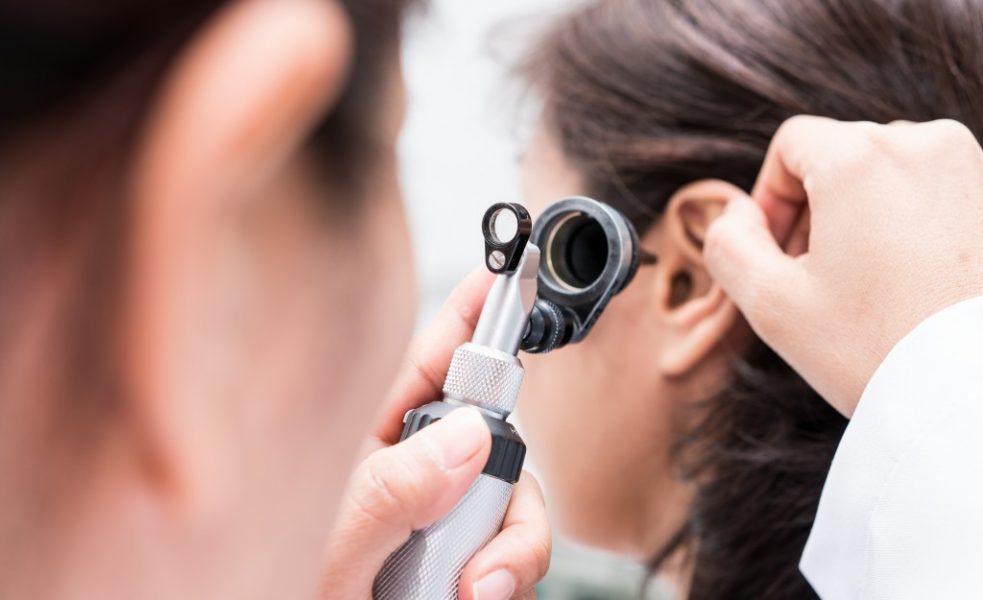Ear-related problems are not uncommon in Denver hospitals and medical centers. While altitude sickness figures on most of the visits, some of the other issues might surprise you.
Buzzing in The Ears
There’s nothing more horrifying than an insect crawling inside your head. Cockroaches, ants, bedbugs, and moths have all been known to enter people’s ears in their sleep or during a foray outside. Adults can usually tell if they have a bug in their ear. However, children might have a harder time realizing what’s happening.
While most cases of bugs in the ear can be resolved with a shake of the head or a few drops of oil in the ear, more serious cases will require a trip to a doctor. A few years ago, a child had a moth enter his ear. Drowning proved to be ineffective, and the moth (which was still alive) had to be pulled out of the boy’s ear using special tweezers. The Colorado air is particularly dry, and experts believe insects could be entering ears for moisture and to feed on earwax.
Dietary Vertigo

Vertigo is usually a senior issue, but medical workers are seeing more cases of benign paroxysmal positional vertigo (BPPV) in younger residents. BPPV can be caused by dietary issues, particularly the intake of excess sodium. Your inner ear needs a static combination of sodium, potassium, chloride, and electrolytes to maintain balance.
Too much sodium can cause crystals to form in your inner ear, disrupting the inner ear’s fluid canals. While BPPV doesn’t necessarily warrant a trip to the hospital, you can still consult a hearing center or an EENT clinic if you want a more timely solution. BPPV can be triggered by excessive consumption of oily/fried foods for extended periods, and the cure is merely forgoing those types of food and eating healthier.
Opt for food rich in omega-3 fatty acids and antioxidants. Up your intake of foods rich in vitamin D like salmon or tuna. You can even purchase food that’s fortified with vitamin D like milk, eggs, cereals, and juices. If you have friends or family visiting for a ski trip, the sudden change in elevation can also cause altitude sickness, particularly barotrauma in the ears.
Noise Problems
If you live near Fort Carson, then loud booms are no surprise for you. While noises of that level aren’t usually a problem (unless you near relatively near to the explosions), louder noises can cause your ear to rupture and cause hearing loss. Ruptured eardrums will usually manifest with reddish discharge from the ear, fever from an infection, pain when blowing one’s nose, ringing of the ear, and hearing loss.
A ruptured ear can be extremely painful, with constant pain lasting for more than 48 hours. While most ruptures are caused by a sudden loud blast of sound (taxiing airplane, getting to close to a speaker in a concert, etc.), chronic exposure to loud noises (construction sounds, industrial machinery, earphones at exceedingly high volume) can also damage your eardrums.
Ear problems should be treated seriously. Even a slight loss of hearing can significantly decrease your quality of life, so make sure to protect your ears.



